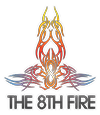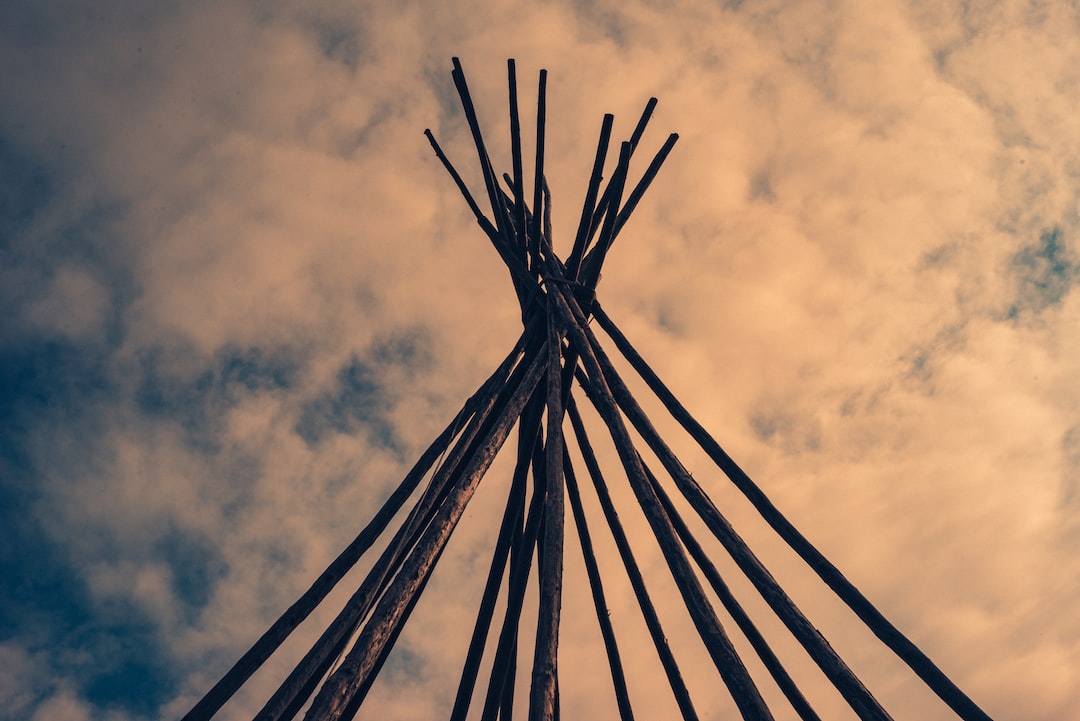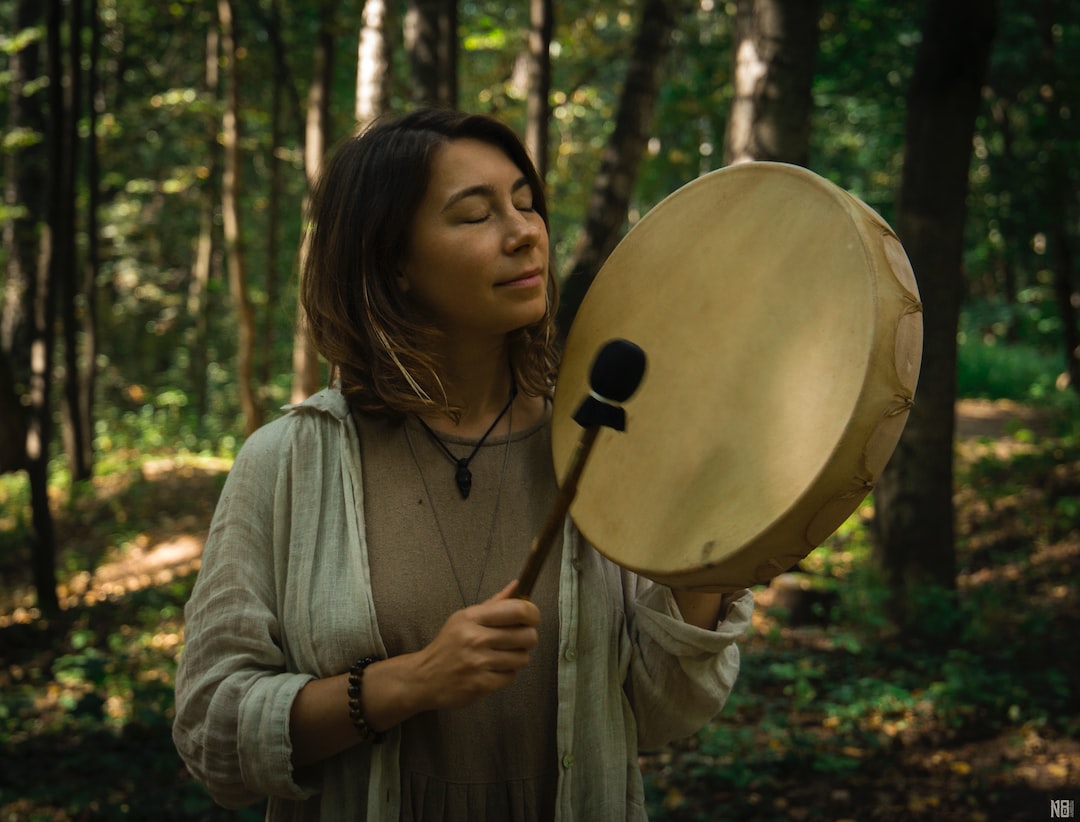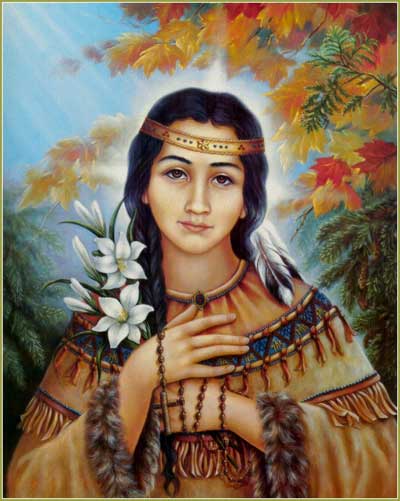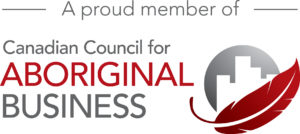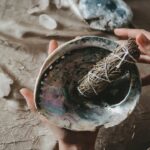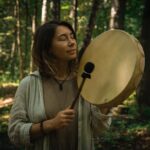Understanding Shamanism: Diversity & Evolution of Indigenous Healers
Shaman is polarizing, especially amongst Indigenous People.
Shaman. Shamanism. It is easy to get lost or mislabeled in a world that has distilled everything, created genres, and categorized everything in an easy-to-find system.
You can go into any bookstore and find a section on Shamanism.
Sometimes you can even find Indigenous Authors who are healers of some sort there, and to get their book, you need to look there to find it.
Maybe the Indigenous Authors preferred to be in a different section, but they are placed in a section where they will be found and read.
As a blanket term, I get it.
Whatever Shamanism meant, its definition has changed as people liked to use umbrella terms, not language or terms specific to each group or tribe. It has come to mean earth-based healer, earth-based healing, and people who heal in the romanticized healer genre context.
But what could we call Indigenous Healers?
Indigenous Healers, who are not Firekeepers or their Helpers? Who are not Pipe Carriers? Who are not Grandmothers or Grandfathers? Who are not Elders? What do we call people who do not assist these more traditional roles?
What space is for them?
And that space continues to rapidly expand with an Indigenous population growing, being diversified, and living between two worlds? The need for diversified skill sets can often go beyond what was once classified as Traditional.
With the rise of LGBTQ2SQIA+, the urbanization of Indigenous People, and the world’s cultural mosaics and melting pots, the need for diversity in how we offer services to people is more important than ever.
No one can do it all, and what may work for one person may not work for another. What may be appropriate for someone may not be for another.
Indigenous People are also diverse in how they offer services.
A person can have a more traditional upbringing but still be educated in the Western Colonial system and provide services to Indigenous People and organizations.
We have Indigenous psychologists, psychotherapists, people with their Master of Social Work (MSW), social workers, counsellors, nurses, drug and alcohol workers, and more who all work with Indigenous clients and have a hybridized approach bridging Western education and training with Indigenous Cultural offerings as well.
At a minimum, they are hybrids because of their training and client offerings.
Maybe there isn’t a name for them yet. Maybe they don’t need one. Maybe it’s enough to want to serve and help.
If we can recognize the diversity of Indigenous People and the fact that they can’t be put into a box, it comes into context. Some of us speak our Traditional languages; some do not. Some have more in-depth cultural teachings; some do not. However, we all answer the call to serve.
As all things evolve, so do we.
We have roots. We are not limited to them. We grow from them and continue to grow and evolve to meet Our People’s ever-changing needs.
Names and titles are less important. Can you help?
It takes a village, no one person can do it all, but we are unbreakable.
